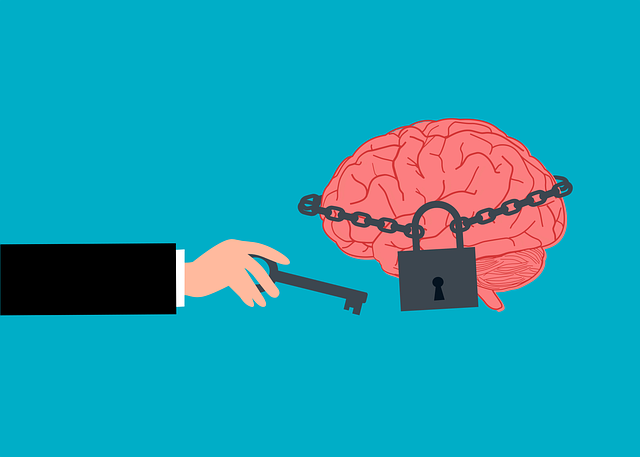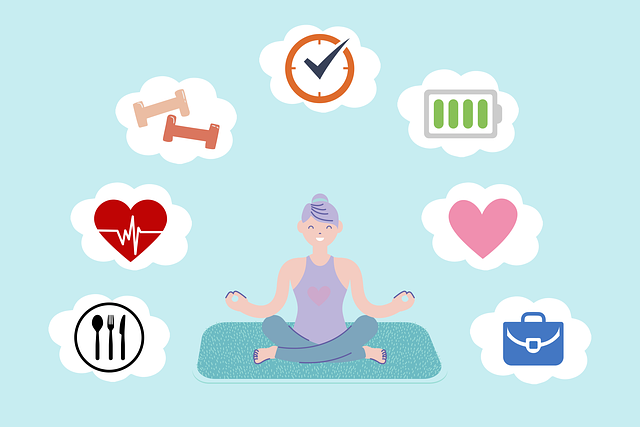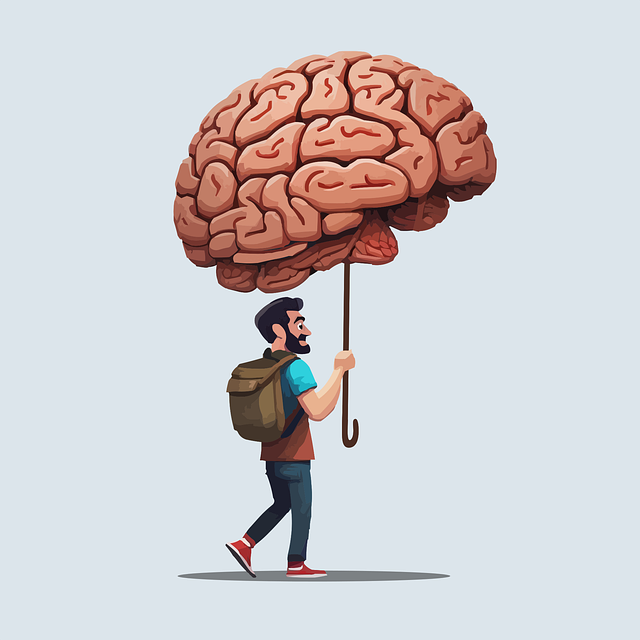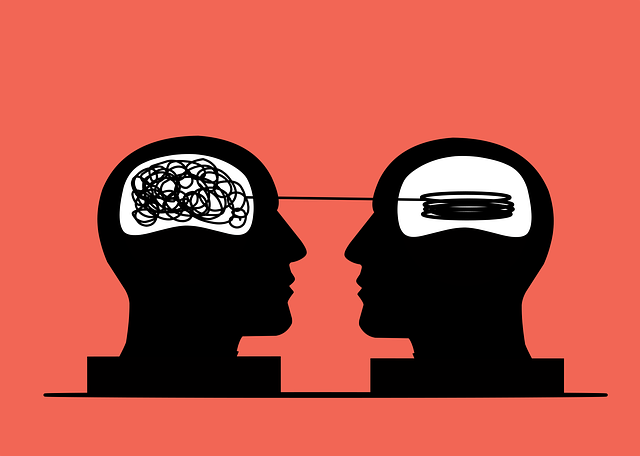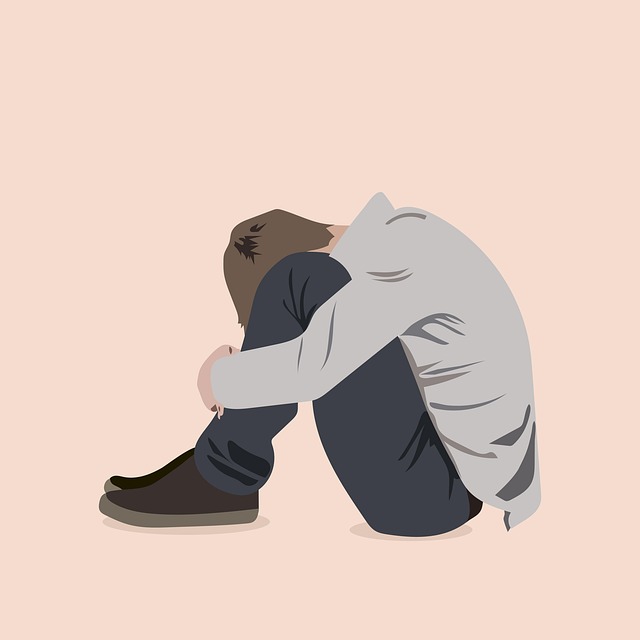Gambling addiction, often hidden, causes severe mental health stress within communities. Effective workshops address these issues by reducing stigma through community outreach, empowering participants with stress management tools. Content should focus on financial pressures and emotional challenges linked to addiction, using practical tools, case studies, and interactive discussions. Burnout prevention for healthcare providers is crucial. A multi-faceted approach, including peer support, conflict resolution skills, and compassion cultivation, creates safe spaces for healing. Ongoing support through resources, follow-up sessions, and access to supportive communities ensures lasting positive changes, with specialized therapy as key aftercare for issues like gambling addiction.
Stress management workshops play a vital role in helping individuals cope with gambling-related pressures. This article guides you through organizing effective sessions, from identifying the need—unraveling the unique stress and its impact on gamblers—to designing engaging workshops using proven facilitation techniques. We’ll explore post-workshop strategies for continuous support, ensuring lasting positive outcomes. Discover how these structured interventions can offer therapy for gambling, empowering participants to manage stress and enhance their well-being.
- Identifying the Need: Understanding Gambling Stress and Its Impact
- Designing Effective Stress Management Workshops
- Facilitation Techniques for Engaging Sessions
- Post-Workshop Follow-Up and Continuous Support
Identifying the Need: Understanding Gambling Stress and Its Impact

Gambling addiction, often masked as a harmless pastime, can lead to significant stress and mental health issues. Understanding this hidden problem is crucial in developing effective workshops for stress management within affected communities. The impact of gambling-related stress can be profound, affecting not only the individual but also their loved ones and society at large. It’s important to recognize that gambling therapy isn’t just about treating addiction; it’s a vital component of broader mental wellness initiatives.
Community outreach programs play a pivotal role in identifying individuals struggling with gambling-induced stress. By reducing the stigma associated with mental illness, these programs encourage people to seek help without fear of judgment. This proactive approach is essential in reaching those who might otherwise be reluctant to discuss their struggles openly. Through tailored workshops, participants can gain valuable tools for managing stress and improving their overall mental wellness, fostering a supportive environment where individuals can heal and thrive.
Designing Effective Stress Management Workshops

When designing stress management workshops, it’s crucial to tailor content that resonates with the target audience. For organizations focusing on gambling therapy, addressing unique stressors like financial pressures and emotional challenges associated with gambling addiction is essential. Workshops should offer practical tools for coping with these issues, integrating evidence-based techniques from crisis intervention guidance and communication strategies. Engaging activities, case studies relevant to gambling, and interactive discussions can enhance learning.
Incorporating burnout prevention strategies for healthcare providers involved in gambling therapy is also vital. By recognizing the potential for secondary trauma and stress, workshops can equip facilitators with skills to maintain self-care while providing effective support to clients. Utilizing a multi-faceted approach that combines educational content, interactive exercises, and personal narratives creates an immersive experience, fostering a healthier work environment and improved client outcomes.
Facilitation Techniques for Engaging Sessions

Engaging participants and fostering an interactive environment are key to successful stress management workshops. Facilitators should employ diverse techniques to cater to different learning styles, ensuring everyone feels involved. One effective method is incorporating hands-on activities and group discussions, allowing individuals to actively participate in their healing process. By encouraging peer support, facilitators create a safe space for sharing experiences and building connections, which can be powerful tools for stress reduction.
Additionally, integrating therapy techniques such as conflict resolution skills and compassion cultivation practices can significantly enhance the workshops’ impact. Teaching participants how to navigate challenging situations with empathy and understanding promotes emotional well-being. Mind over matter principles, when coupled with these practices, empower individuals to challenge negative thought patterns and develop healthier coping mechanisms, ultimately providing valuable tools for managing stress and, in some cases, therapy for gambling addictions.
Post-Workshop Follow-Up and Continuous Support

After the initial workshop on stress management, providing ongoing support is a critical step in ensuring lasting positive changes. Participants often require continued guidance and resources to implement effective stress-reducing techniques into their daily lives. This can be facilitated through various means, such as online resources, follow-up sessions, or access to a supportive community. For individuals struggling with issues like gambling addiction, post-workshop care becomes even more vital. Therapy for Gambling, as part of the aftercare plan, can offer specialized support, helping participants navigate challenges and maintain their newfound stress management skills.
The continuous support system should be tailored to meet individual needs, especially when considering the diverse backgrounds and experiences of workshop attendees. Mental Health Education Programs Design can play a significant role in creating comprehensive follow-up programs that include risk assessments for potential relapse or exacerbation of mental health issues. Trauma Support Services may also be integrated into this process, ensuring that participants who have experienced trauma receive specialized care, enhancing their overall well-being and stress resilience.
Stress management workshops play a pivotal role in offering therapy for gambling, addressing the unique pressures and anxieties associated with this activity. By incorporating effective design principles, engaging facilitation techniques, and providing post-workshop support, these sessions empower individuals to navigate and overcome their gambling-related stress. This holistic approach not only enhances well-being but also fosters long-term behavioral changes, making stress management workshops a valuable tool in the quest for healthier gambling habits.

